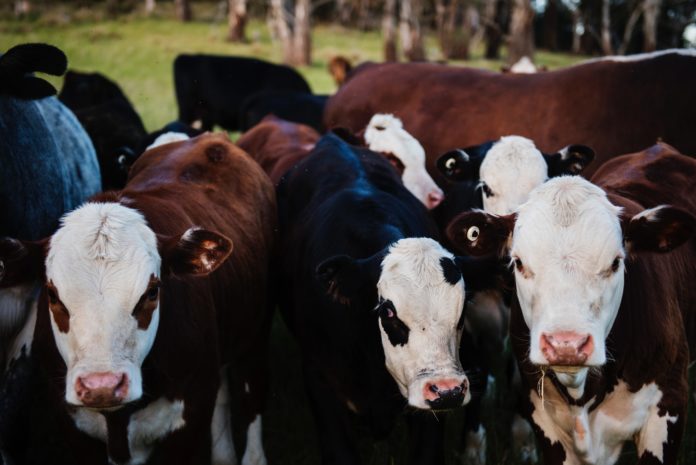The Minister of Agriculture, Land Reform and Rural Development, Thoko Didiza, has decided to lift the country-wide ban on the movement of cattle after the 21-day ban.
The decision is based on the work done by the State Veterinary services, Private vets and animal Health Technicians over the past 21 days. The cooperation of Traditional Leaders, communities and the police assisted in limiting the spread.
It is encouraging that the Eastern Cape, Western Cape and Northern Cape Provinces have not had a single case before and during the 21 days.
In Gauteng and North West, there have been suspect cases around quarantined farms and in Mpumalanga, no new cases have been picked up in the past week.
In Limpopo, we will retain the disease management area in the protected zone and around.
In Free State, our disease management area will cover those areas where no improvement has been observed, such as Marquad, Viljoen Skroon and Harrismith.
In KwaZulu-Natal the disease management area will be retained in KwaNongoma, Ulundi, KwaHlabisa, eHluhluwe and eMtubatuba.
Country-wide cattle movement will now be allowed under certain conditions, in the rest of the country, except for the new Disease Management Areas in Limpopo, KwaZulu-Natal and Free State.
All movements must be accompanied by:
- Owner declaration
- Recipient undertaking to isolate the animals for at least 28 days before introducing them onto the main herd
- All Stock Theft documents
Surveillance and vaccination in areas that still have active infections will continue.
We call upon farmers and communities to observe the health protocols that have been put in place and refrain from the illegal movement of cattle/animals.
Related: SA’s cattle herds under 21-day lockdown
The DA in the Western Cape previously applauded the provincial government for its strict animal-health safety and control measures which have prevented foot-and-mouth disease from reaching the province.
The DA’s spokesperson on Agriculture, Andricus van der Westhuizen says officials from the provincial department of Agriculture have been continuously conducting inspections at roadblocks, and checking livestock for symptoms.


